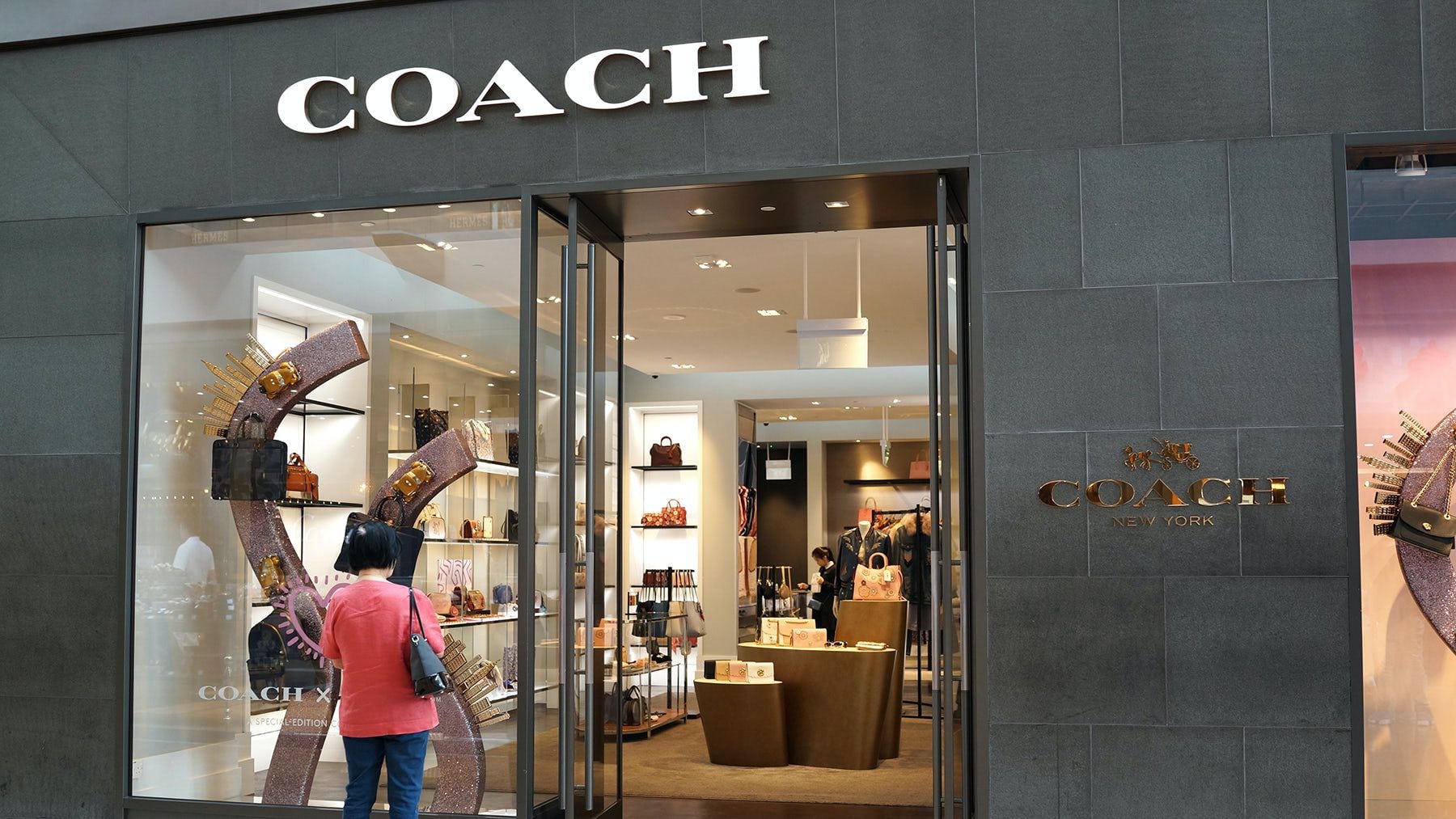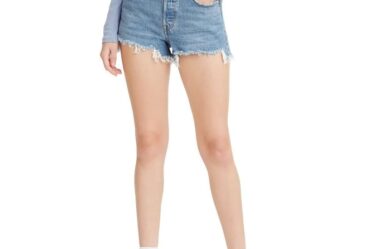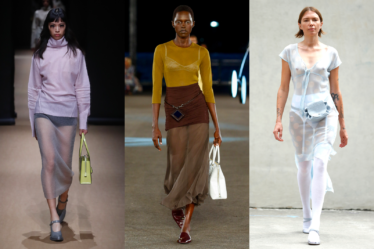
The US Federal Trade Commission sued to stop Tapestry Inc.’s $8.5 billion takeover of rival Capri Holdings Ltd., marking the first time the Biden administration has used its aggressive antitrust enforcement to try to stop a deal in the fashion accessories sector.
Antitrust enforcers said Tapestry’s acquisition of Capri would raise prices on handbags and accessories in the affordable luxury sector, harming consumers. The FTC, which voted unanimously to block the deal, simultaneously filed complaints in its in-house and federal courts on Monday.
Tapestry owns Coach, Kate Spade and Stuart Weitzman; Capri controls labels Michael Kors, Versace and Jimmy Choo.
Tapestry were little changed in postmarket trading as of 5:17 p.m. in New York. Capri shares are 0.1% lower from Monday’s closing price after an initial pop when the news came. Investors are parsing statements from the FTC and the company to assess the deal’s chance of winning in the court.
“With the goal to become a serial acquirer, Tapestry seeks to acquire Capri to further entrench its stronghold in the fashion industry,” Henry Liu, director of the FTC’s Bureau of Competition, said in a statement.
In an emailed statement, Tapestry said: “There is no question that this is a pro-competitive, pro-consumer deal and that the FTC fundamentally misunderstands both the marketplace and the way in which consumers shop.” The company said that both Tapestry and Capri “operate in an intensely competitive and highly fragmented industry alongside hundreds of rival brands,” adding that it will work to close the transaction this calendar year.
Capri said the government is ignoring “market realities,” which “overwhelmingly demonstrate that this transaction will not limit, reduce, or constrain competition.” In a statement, Capri said it will “vigorously defend this case in court alongside Tapestry and complete the pending acquisition.”
Price Competition
The FTC said that Tapestry’s Coach and Kate Spade brands and Capri’s Michael Kors brand compete closely on price, discounts and promotions, innovation, design, marketing and advertising. The agency also alleged that the merger would likely harm the companies’ 33,000 workers since Tapestry and Capri often compete for employees.
This is the first time that President Joe Biden’s aggressive antitrust enforcement has targeted the fashion sector. Since their appointment, FTC Chair Lina Khan and Justice Department antitrust chief Jonathan Kanter have brought the highest number of merger challenges since the US began requiring antitrust reviews before deals close in 1976. Their success in litigation has been more mixed, however, with the FTC losing two high-profile challenges in its first year.
Tapestry Chief Executive Officer Joanne Crevoiserat spearheaded the company’s acquisition of Capri last year with the aim of creating a US-based fashion conglomerate to expand market share in what’s known as the accessible luxury sector, selling handbags and other accessories that are high-end but cheaper in price than those sold by European luxury juggernauts like Moet Hennessy Louis Vuitton SE.
The proposed acquisition, announced in August, capped a decade or so of rivalry between Coach and Michael Kors to dominate the US handbag market. Coach ultimately won the battle after Crevoiserat and her team transformed Tapestry’s signature brand by cutting its exposure to struggling department stores, investing in sprucing up stores and rolling out more expensive versions of its chic but classic handbags. The prices of Coach’s merchandise, and overall sales, outpaced Michael Kors in recent years as a result.
Coach Playbook
Tapestry’s proposed purchase of Capri is aimed at parlaying that successful Coach playbook to turn around Michael Kors and, in turn, boost the combined company’s revenue and stock price. Coach has robust sales in China, while Michael Kors is stronger in Europe. Tapestry executives have said they want to use that complementary market know-how to expand both brands’ geographic reach.
Those strategies are on hold until a judge weighs in on the FTC’s case.
Tapestry executives have said since the deal was announced that they expected it to close at some point in 2024. But the longer the potential acquisition is delayed, the more work they are likely to have to turn around Michael Kors, whose sales have continued to drop. In the most recent quarter that ended on Dec. 30, sales at Capri fell 5.6 percent to $1.4 billion. At Tapestry, meanwhile, revenue was up nearly 3 percent to $2.1 billion during the same time frame.
A combined Tapestry and Capri would be the second-largest personal luxury goods company in the US in sales, behind LVMH and ahead of Gucci owner Kering SA and Cartier owner Cie Financiere Richemont SA, according to data provider Euromonitor. That would give the new conglomerate close to 10 percent of the US market for personal luxury goods, which includes handbags, clothing, footwear and jewelry.
By Leah Nylen and Jeannette Neumann
Learn more:
Is the FTC Really Going to Stop Tapestry and Capri From Merging?
Blocking the deal would set a new precedent for fashion M&A in the US and leave Capri Holdings in a precarious position as it attempts to turn around its Michael Kors brand.



